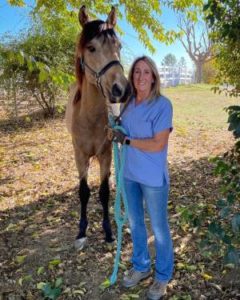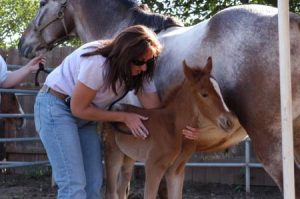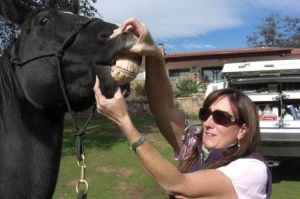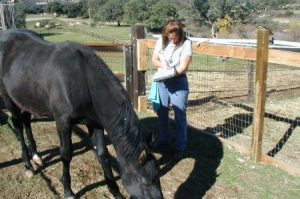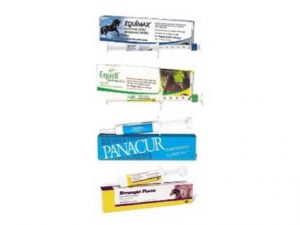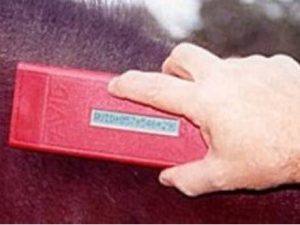Internal and external parasites can create discomfort, illness and even death in horses. As the owner of a horse, your main responsibility is to maintain your pet in good health, and to help it live a life free if pain or illness.
A large part of that responsibility revolves around providing safe and sanitary living conditions which will help reduce the incidence of horse parasites. If your horse’s food and water aren’t kept clean and fresh, you could be introducing bacteria and parasites to its body. Likewise, an unclean stall and paddock can lead to sickness from the bacteria and parasites which live in those conditions. Proper care and cleaning plus adequate veterinary care can help your horse avoid problems with parasites.
Horses have few demands; they are generally a strong and sturdy animal, who require a dry and warm place to live during the winter, shade in the summer, and plenty of fresh, clean food and water. Providing those simple needs will go a long way towards keeping your horse in the best of health for many years. It must be stressed, as a person who has chosen to own a horse, it is your responsibility to provide this care. Do so, and your horse will live a long life as a faithful companion.
On the other hand, if you fail to provide these necessities for you horse, you’re going to have some real problems on your hands. Parasites can very quickly turn a healthy horse into a dangerously ill horse. Parasite borne illnesses not only bring the chance of lameness, weakness and even death to your horse, they can be costly to remedy. It’s much easier to prevent parasites by keeping feed clean and dry and keeping the stall mucked out.
In fact, the parasites that most commonly attack horses are a result of living in a stall or paddock that isn’t kept clean. Horse manure draws flight and other parasitical creatures, and the longer it sits, the worse it is. As your horse has no choice but to step in the feces, it gives these parasites the opportunity to be introduced to the horse’s body. Your horse may also eat hay or grass from the ground near the manure, which can also give the parasites a passageway into the horse’s system. Keep your horse’s living area clean and you can prevent parasites. If you suspect that your horse is infected with parasites, contact a veterinarian immediately to discuss treatment options.

